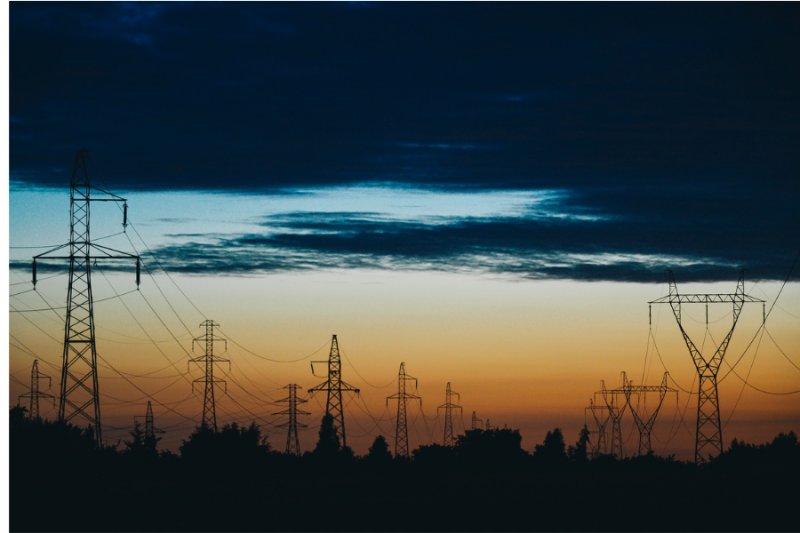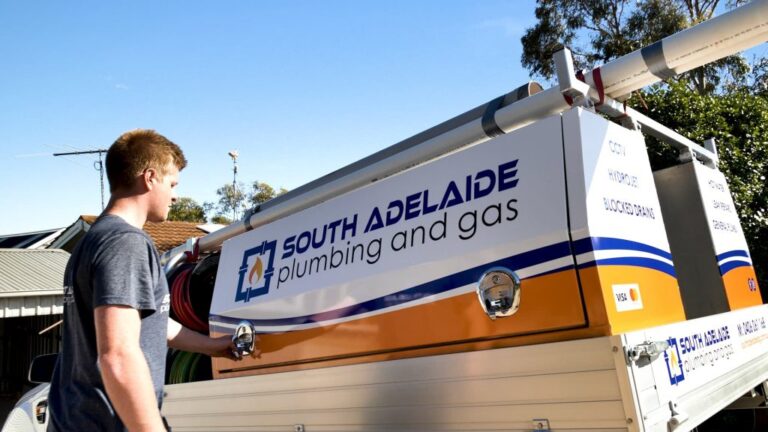
Power to Choose
Energy markets are not just about generating electricity. In fact, energy markets can play a big role in your business by giving you the power to choose your supplier. When you have access to an energy market, you can compare prices and find providers that offer the best deal for your needs. This can save you a lot of money in the long run, making it an important part of your business strategy. Plus, if you’re looking to expand your business, an energy market can provide you with the necessary tools and resources to get started. So whether you’re looking to save on costs or grow your company, energy markets are an essential part of any business plan.
What is an Energy Market?
Energy markets are beneficial for you because they allow you to choose the source of your energy, and they allow you to choose the price you are willing to pay for that energy. A market allows buyers and sellers to find each other, and to negotiate a fair price. This allows energy companies to compete for your business, and it gives you more options when it comes to where you get your energy from.
The Benefits of Energy Markets
Energy markets are beneficial for both the consumer and the producer.
When energy is in short supply, prices rise to reflect that scarcity. This encourages conservation, which reduces demand and cuts energy costs. It also discourages wasteful use of energy. Producers who cannot sell their product at a high enough price lose money while those who can sell their product at a high enough price make profits. However, in an efficient market, the prices of goods and services will ultimately reflect the true costs of production (including environmental risks) as well as consumer demand.
In an energy market, producers have an incentive to find new sources of supply (whether renewable or traditional) so that they can keep up with demand and maximize profits. This drives innovation in technology and fuels economic growth. As long as renewables are able to compete on cost with traditional sources of energy, they will continue to be developed and used.
Consumers have a choice between various types of energy products: from electricity from a utility company to solar panels or wind turbines; from heating oil to natural gas; or from gasoline to electric cars. By choosing different types of energy products, consumers can control their own energy costs by ensuring that their usage matches their budget. In addition, consumers benefit from competition among producers, which drives down prices and improves quality.
How to Use Energy Markets to Your Advantage
When it comes to energy, you have plenty of choices. You can use energy markets to your advantage by finding the best deal for what you need and when you need it. Here are three tips for using energy markets to your advantage:
1) Make a Plan
Before you start shopping for energy, make a plan. What are your goals? What do you need energy for? How much power do you need each month/week/day? Once you know your needs, it will be easier to find the best deals on energy.
2) Compare Electricity Rates
There are many different electricity providers in the United States, so comparing rates is important. You’ll want to compare rates from different providers in your area to see who has the best deal for you. You can also look at sites like EnergySage or SmartAire to help compare rates.
3) Use Energy Alerts and Newsletters
Energy Alerts and newsletters are useful tools that can help you stay up-to-date on changes in the market and new deals available on electricity. They’re free and easy to sign up for, so check them out before every shopping trip!
Conclusion
As we move into the digital age, more and more people are becoming reliant on electricity to power their everyday lives. This dependence has consequences, as events like Hurricane Sandy have shown us all too clearly. In order to ensure that everyone in our society can rely on reliable energy supplies, we need to develop a smarter grid – one that is able to respond quickly and efficiently to changes in demand. The smart grid will also require more distributed resources – including renewable energy sources like solar and wind – so that we can continue generating electricity without relying on a few large providers. The good news is that this transition is underway: today there are more options for getting your hands on clean energy than ever before. As you think about how you want to contribute to the development of a smarter grid, remember that your choice has real power effects – both positive and negative. So whether you’re looking for ways to reduce your carbon footprint or take advantage of new technologies that could improve reliability, it’s important to stay informed and make choices based on what’s best for you and your community



